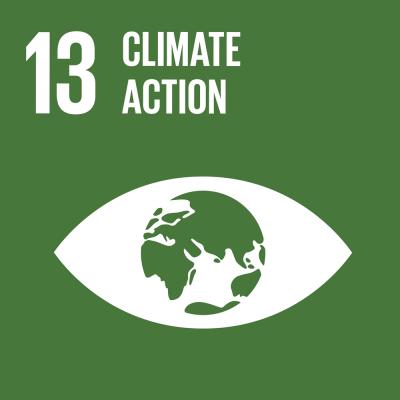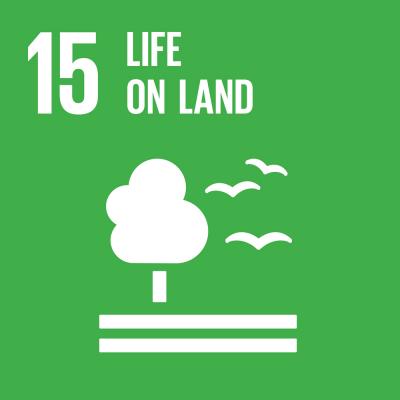A clever move!

Doka’s transport logistics in Amstetten are attracting attention with their strong, sustainable focus on expanding intermodal traffic. Consignments are transported in combination with railways. More and more Doka countries are joining.
The topic is being driven because of the sustainability aspects and it has a category of its own in the IT systems – “intermodal truck”. Looking at a map of Doka’s operations, there are already several countries in which the products are transported via intermodal traffic. For instance, Doka products have been transported to Romania since July 2021 via combined transport. This means that the vast majority of the approximately 1,200 kilometres to Doka’s branch in Tunari, to the north of Bucharest, are covered by rail.
Does the product arrive with the customer on schedule? Doka's logistics expert, Thomas Schlögl, is pleased to confirm that it does. But there is more to it than that. The transportation costs are also lower, not only because of the cost of the freight per truck but also because of the cargo capacity. The reason for this is that intermodal transport can also accommodate a higher tonnage than if transportation is by road alone. That reduces costs by a further 12%.

Thomas Schlögl I Head of Department Shipping
"I am the head of Shipping & Transport Logistics at Doka and I deal with sustainability. Why is that, would you say? Because we transport a lot at Doka, the majority of which is by truck. Transportation by truck therefore accounts for a high proportion of the greenhouse gas emissions of our products.”
Romania has led the way and is motivation to follow the example. Since the end of 2021 intermodal traffic is now being introduced in Sweden and Turkey. The look on employees’ faces shows how proud they are. In 2021, over 500 tonnes of goods in total were shipped to those destinations via intermodal traffic.
Together we drive momentum
As part of the Umdasch Group, we at Doka aim to not only be economically successful, but also fulfill our ecological and social responsibilities as well as our responsibility as an employer. Therefore, we regularly set impulses within and outside our company and drive international initiatives that make our common working and living environment more sustainable.

Everyone agrees. The systematic conversion was worth the effort. It added up both ecologically and economically. Taking all the countries together, the savings in 2021 were 3.4% on freight costs and 39% for CO2 emissions. The possibility of using intermodal transport variants is currently being examined for other countries.

Nese Caliskan I Shipping Transport Logistics
“I have a personal interest in sustainability because of the future of my children and grandchildren. There are models that reduce CO2 emissions. We can use and implement these.”
Doka and Umdasch Group are committed to sustainable development.
This is why we subscribe to initiatives that are aligned with the United Nations’ “Sustainable Development Goals”.
















